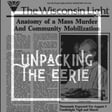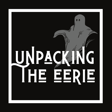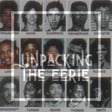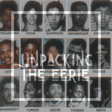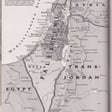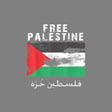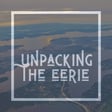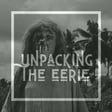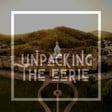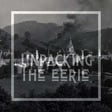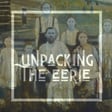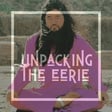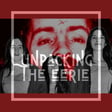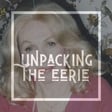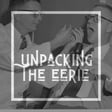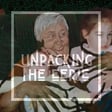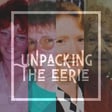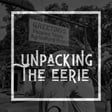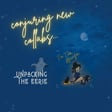
Revolutionary Spirit: Palestine Round Table Pt. 1
Join us for a guest episode and round-table discussion between four Palestinians in the diaspora, Muhamed, Battuul, Firas, Vinny & Michlin. In part one of this two-part conversation, we are given the gift of listening to our guests talk about Palestine, Palestinian resistance, indigeneity, historical memory, cross-movement solidarity and so much more. We are honored to offer these folks a platform to share their voices & stories with us. Stay tuned for Part II, coming soon!
(Recorded December 2023)
Guests:
- Muhamed Abedelhak, Sociology Professor
- Battuul Abdal
- Firas Helall, writer/organizer, writing to Palestinians back home to a liberated Palestine
- Vinny Mansoor, law student, born in exile, raised in heritage and currently on his way back home
- Michlin Mikel, Social Worker
———————————
At the publishing of this episode at least 32,782 people, including more than 13,000 children have been brutally murdered at the hands of the Israeli Occupation Forces in Gaza. More than 8,000 remain missing. In the West Bank, at least 455 people have been killed since October 7th and over 4,750 injured. (Source: Aljazeera)
Learn more & take action here: Call to Action & Resource Checklist
Outro last updated April 2023
FYI: we've recently unpublished older episodes as we are in process of re-editing for a smoother flow & audio experience. they will be available again as we finish.
Thank you for listening to our passion project <3 You can find us on social media here! We're a team of 2 people & have always been ad-free. If you are enjoying, please consider supporting our sustainability on Patreon or by making a one-time contribution via CashApp $unpacktheeerie.
- your grateful hosts
